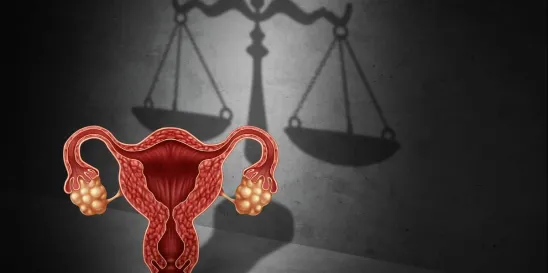Senate Bill (SB) 848, scheduled to go into effect on January 1, 2024, requires employers with 5 or more employees to provide employees who have worked for at least 30 days with up to five days of reproductive loss leave.
Under the new law, it is unlawful for a covered employer to refuse to grant a covered employee with five days of leave following a reproductive loss. As defined by SB 848, a “reproductive loss” includes a miscarriage, failed surrogacy, stillbirth, unsuccessful “assisted reproduction” (such as artificial insemination or embryo transfer), or failed adoption. In the event an employee suffers more than one reproductive loss within a 12-month period, his/her employer is not obligated to grant a total amount of leave in excess of 20 days within 12 months.
An employee must be permitted to take the leave on nonconsecutive days and the leave must be completed within three months of the reproductive loss. The leave time can be unpaid unless the employer has a policy stating otherwise. However, SB 848 authorizes an employee to use certain other leave balances otherwise available to them, including accrued and available paid sick leave. The bill makes leave under these provisions a separate and distinct right from any other right under the California Fair Employment and Housing Act.
The bill also prohibits retaliation against an individual who uses this leave or shares information about the leave and requires employers to maintain employee confidentiality relating to reproductive loss leave.
Covered Employers
Employers with 5 or more employees are required to provide the leave.
Covered Employees
In order to be entitled to the leave, employees must have been employed for at least 30 days prior to the commencement of the leave.
Reproductive Loss Defined
Under the new law, reproductive loss includes a failed adoption, failed surrogacy, miscarriage, stillbirth, or an unsuccessful assisted reproduction.





 />i
/>i
